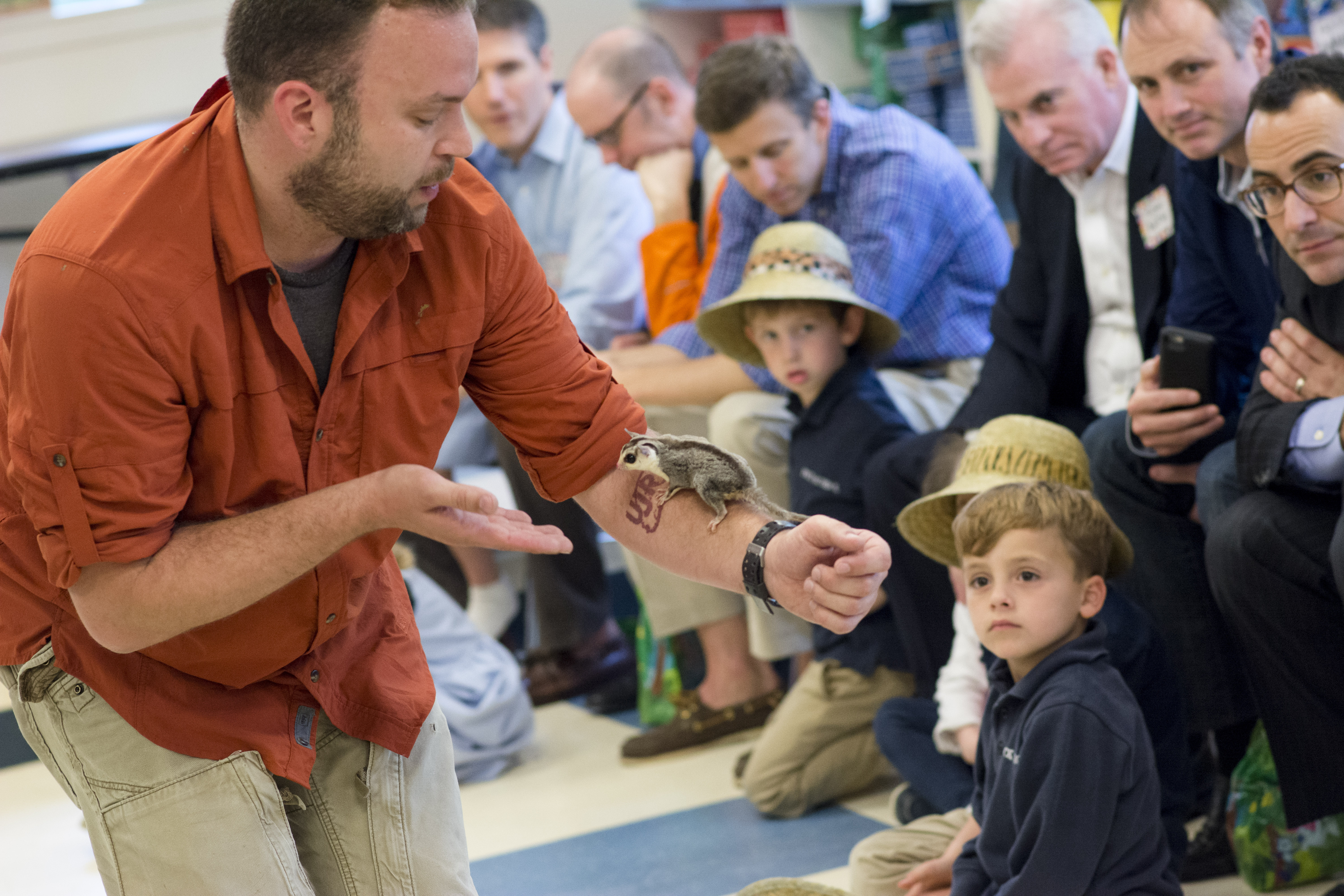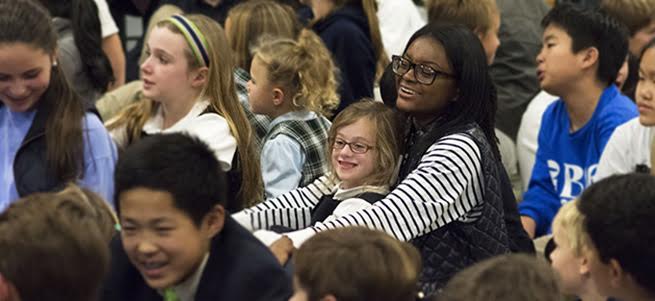As parents we can aid in our children’s growth mindset through language and acceptance to encourage our children to always push forward and make an effort despite natural setbacks that come with learning. We can do so by providing continual praise on the process as opposed to strictly the product. This can take many different forms depending on the content and developmental stage of our children, but the message is consistent: effort is valued and you have control over the outcome. Below are a few practices that you can begin today to help your child grow to understand that ability is not simply fixed but something that can be developed.
Topics: School Psychologist
Topics: School Psychologist
What Can We Take-Away from the Documentary Screenagers?
For many of us who are equal parts parent and faculty, finding ways to positively navigate the current technological landscape is a high priority.
The site goes on to explain that physician and filmmaker Delaney Ruston saw this with her own kids and learned that the average child spends 6.5 hours a day looking at screens. She wondered about the impact of all this time and about the friction occurring in homes and schools around negotiating screen time—friction she knew all too well. The film ultimately reveals how tech time impacts children’s development and offers solutions on how adults can empower kids to best navigate the digital world and find balance.
Several days after the screening, The Peck School scheduled a follow up coffee to allow parents the opportunity to share their thoughts and impressions. Having the opportunity to experience and then discuss timely topics that impact our community is one of my great joys here at Peck. For many of us who are equal parts parent and faculty, finding ways to positively navigate the current technological landscape is a high priority. For this reason, continuing to contemplate the messages delivered in Screenagers is useful.
Topics: School Psychologist
DR. ZAN STRUEBING, SCHOOL PSYCHOLOGIST: Transitions – we experience them continually. Sometimes they happen smoothly and seamlessly; we hardly know they are occurring. In other instances, they are rocky, disruptive, and the cause of utter discontent.
If you have the sense of being a little “off,” chances are, once you pause to reflect, you’ll have that “aha” moment that you are in the throes of a transition. Even as I write, I am still basking in the glow of a lovely trip that allowed me to spend time with my daughter in Chicago. I am left with the task of adapting once again to day-to-day life without her. Ah yes, transitioning again.
Students may not have access to the same coping strategies that adults have developed with time and experience.
For our children, transitions are no less significant. Students, though, may not have access to the same coping strategies that adults have developed with time and experience. As we watch a group of students transitioning from home to school, from one class to another, or from unstructured to structured activities, it is strikingly apparent that some children transition more fluidly than others.
Topics: School Psychologist
ZAN STRUEBING, SCHOOL PSYCHOLOGIST: In the 1966 film Alfie, Burt Bacharach contemplates the meaning of life in the lyrics to the title song (in which he writes the question, “What’s it all about, Alfie?”) During the musings of childhood, the angst of adolescence, or the demands of adulthood, I suspect we have all questioned what truly matters in life, and many of us have arrived at a similar conclusion: It’s all about relationships.
I suspect we have all questioned what truly matters in life...
Yet as much as we value our relationships, I suspect we sometimes behave in ways that do not fully honor our connections. We get caught up in schedules, deadlines, earning, winning, and being right.
In the moment, life’s demands and distractions seem inescapable. However, when we pause, step back, and contemplate, we realize that there is truly room to prioritize our relationships. Doing so doesn’t require more time or effort; it just requires a thoughtful approach to connecting and the cultivation of some good habits.
Topics: School Psychologist










